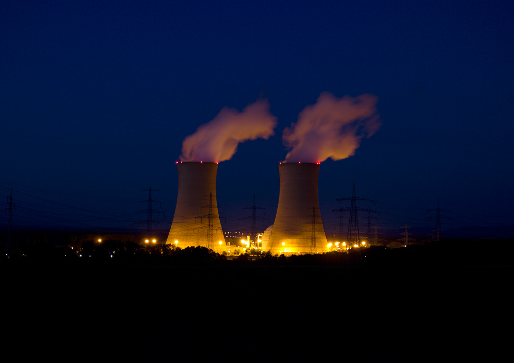
Future Nuclear Technology
The current US nuclear reactors are near the end of their lifespans. Fifty reactors built in the 1970’s are still operating and could be retired by 2040 or earlier. Some have been closed over the last year. US reactors were designed and licensed by the NRC for forty year life spans. However as technology improves it is now cost effective to replace parts to improve reactor durability. Whether they receive 20 or 40 year licensing renewal periods, eventually these reactors will need to be replaced. American utility companies are considering new reactor types because of their technological improvements. The Electric Power Research Institute, an independent energy and environment research organization, is interested in Integral Fast Reactors (IFR) due to numerous enhancements that will make nuclear power even more efficient and appealing than it currently is.
Integral Fast Reactors (IFR) use uranium more efficiently. While current light water reactor technology uses a mere 1-7% of the potential output of uranium, IFR reactors use over 95% of uranium’s potential power thanks to pyroreprocessing. This efficiency will allow the United States to indefinitely fuel its nuclear reactors through its existing domestic uranium deposits and through seawater uranium extraction. This would also essentially make nuclear power as indefinitely sustainable as wind, solar, or hydro power.
The reprocessing systems of IFR also allow for more efficient storage of waste materials due to lower heat. The radioactive waste from IFRs have much shorter half-lives and decrease in radioactivity much more quickly than current nuclear waste by multiple orders of magnitude.
Integral Fast Reactor technology is not merely theoretical. It has been successfully demonstrated in Russia, South Korea and the United States. The ERB-II facility in Idaho ran for ten years and generated over two billion kilowatt hours in its lifetime for the local power grid. This technology is proven and established. Utility companies see the existing light water reactors as a dependable and useful tool in the near term, but they know this advanced technology could be important asset for the long term.





